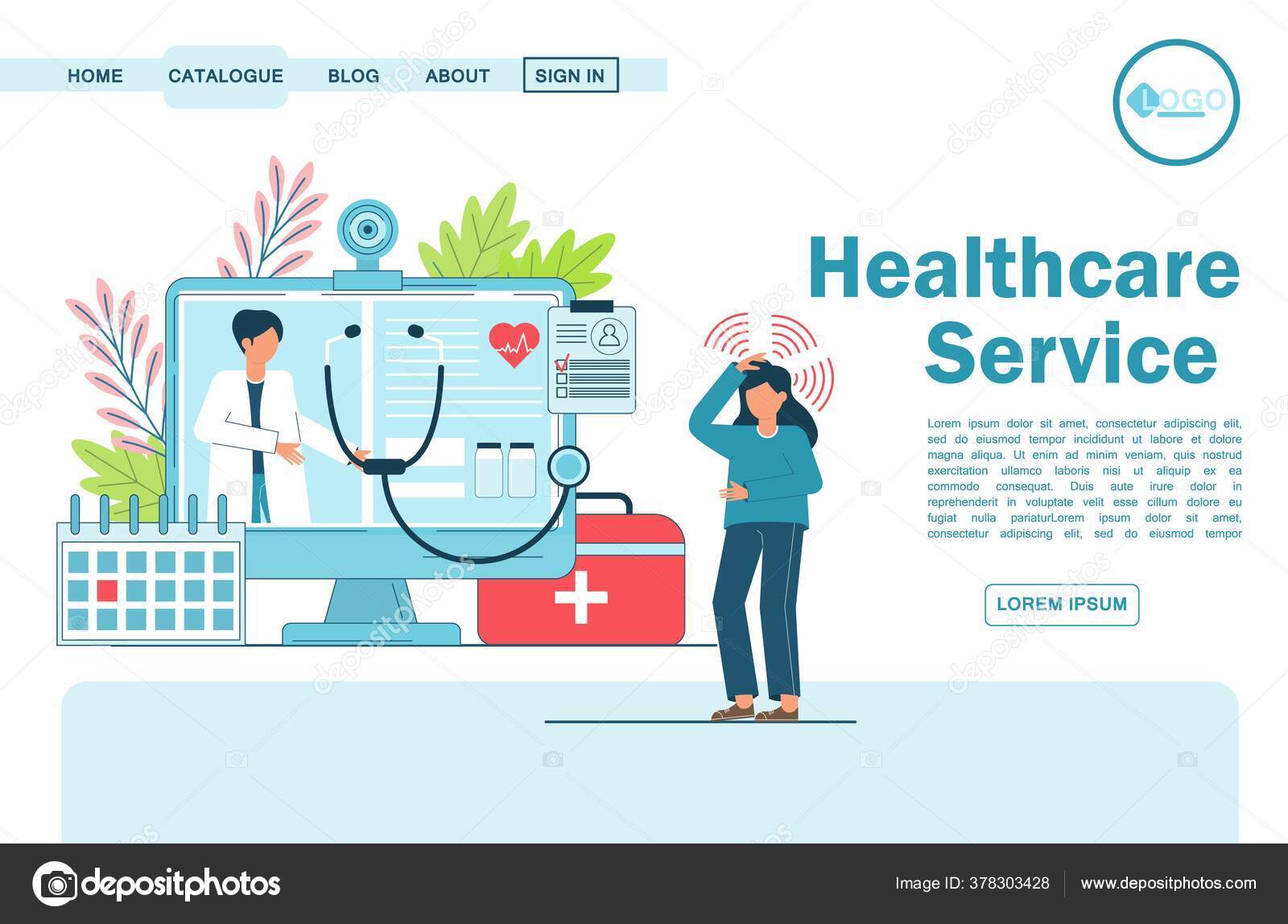The Effect of Subscription Based Healthcare on Traditional Medical Practices
The Effect of Subscription Based Healthcare on Traditional Medical Practices
Blog Article
Recognizing the Cost-Effectiveness of Subscription-Based Healthcare Designs
As the medical care landscape develops, subscription-based versions emerge as an engaging choice, guaranteeing to redefine just how people take care of clinical costs. Examining these versions' cost-effectiveness demands a nuanced contrast with conventional insurance policy, taking into consideration both financial ramifications and individual contentment.
Review of Subscription-Based Versions
Subscription-based health care designs, often described as straight main treatment or attendant medication, are progressively gaining focus as a potential remedy to inadequacies within conventional healthcare systems. These designs operate the principle of offering patients direct access to medical care carriers through a monthly or annual charge, bypassing the demand for typical insurance policy systems. This plan aims to streamline patient-provider interactions by reducing management concerns, which typically impede timely and tailored care.
At the core of subscription-based versions is the focus on a more individualized client experience. Patients gain from improved accessibility to their medical professionals, typically consisting of same-day or next-day visits, extended examination times, and direct communication networks such as phone or video phone calls. This design fosters a positive strategy to medical care, where people and service providers can collaboratively concentrate on preventative treatment and persistent disease monitoring.

Price Contrast With Standard Insurance

One of the primary monetary advantages of registration designs is openness in expenses. Conversely, conventional insurance policy may be more beneficial for individuals requiring specialized treatment or pricey treatments not covered under a registration model, as they profit from the more comprehensive insurance coverage network and cost-sharing systems.
Nevertheless, cost-effectiveness is context-dependent. While membership versions could offer cost savings for those mostly needing medical care, individuals with chronic problems or specialized health care needs might find typical insurance coverage extra comprehensive. Therefore, assessing certain healthcare demands and prospective use is vital in identifying the most affordable option for people.
Influence On Client Contentment
Client contentment within subscription-based healthcare models commonly shows a considerable renovation over typical insurance policy systems. This enhancement is largely credited to the customized care and availability these versions provide. People regularly report greater satisfaction due to decreased wait times and the simplicity of organizing consultations. Unlike typical systems, where individuals may experience hold-ups in obtaining care, subscription-based versions make certain more timely and direct communications with healthcare suppliers.
Moreover, the transparency in costs linked with subscription-based medical care reduces the typical stress connected to unforeseen costs and complicated payment procedures seen in traditional insurance (subscription based healthcare). Clients value understanding the specific financial commitment upfront, resulting in enhanced count on and self-confidence in their medical care management
Furthermore, the emphasis on preventive treatment and health in registration versions adds to look what i found improved health and wellness end results, even more enhancing patient complete satisfaction. By concentrating on ongoing health upkeep rather than anecdotal treatment, people experience a more continuous and all natural medical care trip.
In addition, the improved provider-patient partnership fostered in these versions, characterized by more time invested per patient and individualized attention, plays an important function in boosting individual satisfaction levels, as people really feel truly looked after and comprehended.
Company Experiences and viewpoints
From the supplier's viewpoint, subscription-based medical care versions supply a transformative strategy to delivering medical solutions. These versions stress a proactive and preventative medical care strategy, enabling service providers to concentrate on thorough client treatment without the constraints of conventional fee-for-service plans great post to read (subscription based healthcare). This change in emphasis usually results in improved person results and boosted company satisfaction, as healthcare professionals can designate more time and resources to individual interaction and individualized treatment strategies
In addition, subscription versions assist in predictable revenue streams, which enhance financial stability for doctor. This predictability permits for enhanced resource planning and allotment, adding to a more reliable medical care shipment system. Providers can buy team infrastructure, innovation, and training enhancements, thereby boosting the quality of treatment offered.
However, the change to subscription-based models is not without obstacles. Companies must adapt to brand-new operational structures, which can entail considerable adjustments in billing practices and individual monitoring systems. Additionally, there is an integral need for robust data management to track person outcomes and guarantee high quality treatment. Regardless of these hurdles, lots of providers find that the advantages of increased patient interaction and streamlined operations surpass the first obstacles, making subscription-based models an appealing choice.
Future Prospects and Obstacles

A primary challenge is governing compliance, as membership designs should stick to advancing healthcare policies and insurance coverage needs. This demands constant adjustment and innovation to ensure placement with lawful requirements. Additionally, integrating these versions into existing healthcare frameworks can be intricate, requiring considerable financial investments in modern technology and training.
There is additionally the prospective danger of producing injustices in medical care gain access to, as registration models could favor those that can afford them, leaving vulnerable populaces underserved. Addressing this requires thoughtful factor check over here to consider of rates strategies and subsidy systems to make sure inclusivity.
Final Thought
Subscription-based healthcare versions offer a feasible option to traditional insurance by supplying financial predictability and transparency, specifically benefiting people with persistent problems or frequent health care demands. The cost-effectiveness of these models rests upon specific health care usage patterns and scenarios. While they might boost client contentment and enhance budgeting, difficulties stay in addressing specialized treatment needs. Future considerations include stabilizing extensive insurance coverage with cost and incorporating these models within the wider medical care system for optimum results.
Subscription-based medical care designs, in some cases referred to as direct key care or concierge medication, are significantly obtaining focus as a possible option to inadequacies within standard medical care systems. Unlike standard systems, where individuals may experience hold-ups in receiving care, subscription-based versions make sure even more straight and timely interactions with health care carriers.
These models stress a positive and preventative medical care method, enabling companies to focus on thorough person care without the restraints of conventional fee-for-service plans. As these designs continue to get grip, they supply the potential to transform client accessibility to care, improve service delivery, and enhance healthcare spending.Subscription-based medical care models present a viable option to traditional insurance policy by providing economic predictability and transparency, especially benefiting individuals with persistent problems or frequent healthcare demands.
Report this page